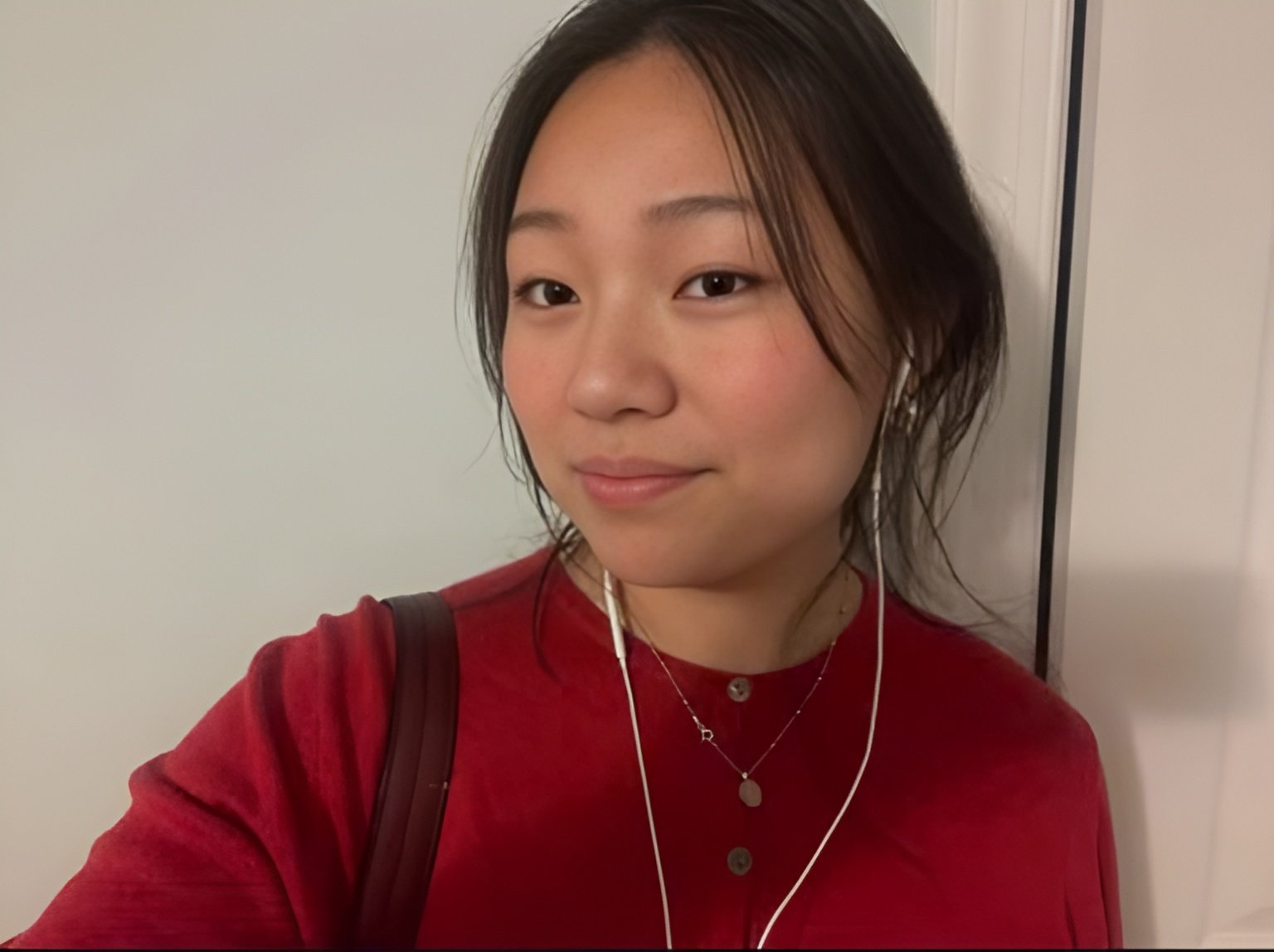In a contentious move, federal officials confirmed that Yunseo Chung, a junior at Columbia University, faces deportation by an order from Secretary of State Marco Rubio. Rubio targets Yunseo Chung along with other noncitizen college students for protesting against antisemitism. This order prompts questions over free speech and US legal limits on immigration.
Yunseo Chung, who comes from South Korea, has lived in the United States since she was seven. A memo linked to Rubio states that her stay may risk US foreign policy on the antisemitism issue. Chung filed a lawsuit to stop the Department of Homeland Security from detaining and expelling her. Her lawyers argue that her activism meets the protection of the First Amendment.
Chung took part in a pro-Palestinian protest at Barnard College. During the protest, she was arrested for blocking government activities and causing a disturbance. After her arrest, she hid from immigration officials who had searched for her since March.
Another Columbia student, Mahmoud Khalil, faces a similar deportation order for taking part in protests that the government claims hurt US foreign policy. An immigration judge has already approved the initial deportation decision for Khalil. Critics see both cases as a strong action that limits free speech on campus.
Chung’s legal team fights the deportation with claims that her protest is a form of protected free expression. They ask for an emergency court decision to stop her detention until the case is decided. The government counters that immigration issues belong to a different legal process outside district courts.
This conflict brings up issues in immigration law, free speech rights, and government power. It asks hard questions about using immigration law to punish political activism. In schools, students should have the freedom to exchange ideas without fear.
Other protesters, such as Mohsen Mahdawi, have met with severe legal challenges. He faced arrest while applying for US citizenship. His experience shows that strict actions are being taken against certain student voices.
The outcome of these legal cases may shape how political expression is managed under immigration law, especially in academic settings. For now, Yunseo Chung remains in the spotlight as she fights against what many see as a breach of her rights and free speech.






